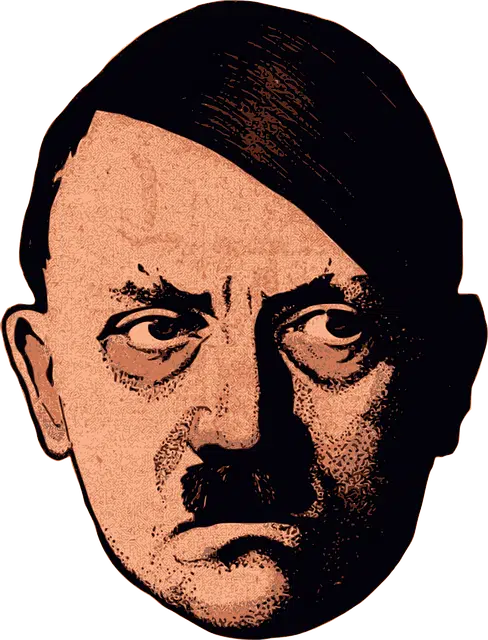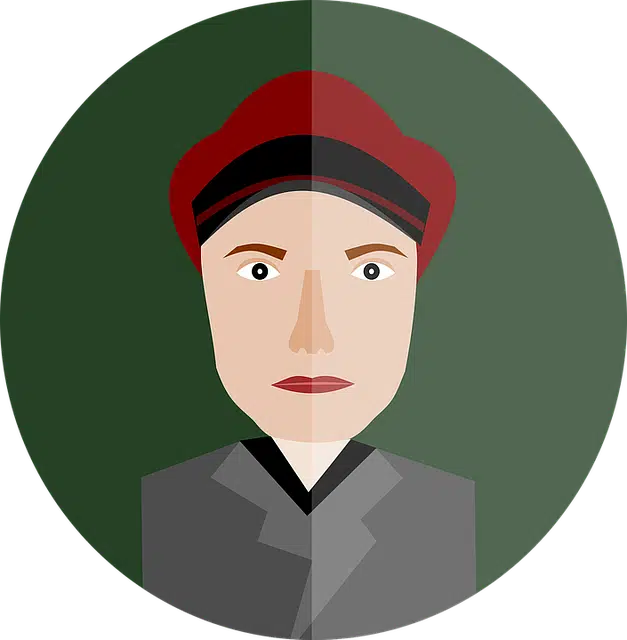
The government that is exercised without justice and according to the will of the leader can be mentioned as tyranny.
Tyranny is a term that comes from a Greek word and refers to the abuse of power , strength or superiority . Tyranny is also the government exercised by a tyrant (a person who exercises power according to his will and without justice).
Among the characteristics that define tyranny are that the person who carries it out takes power by force, abuses said power in a cruel way or executes measures that lead to imposing his criteria in such a way that generates fear among the people. He will be frightened by tyranny while becoming impoverished and seeing how his access to culture is minimized.
As a regime of absolute power, tyranny involves an abusive use of the state apparatus. In ancient times, however, the concept could have positive connotations, since there were tyrants who were loved by the people based on populism and demagoguery .
Tyranny throughout history
Unfortunately, our history is full of characters who have exercised tyranny to truly deplorable limits. Among them we could highlight the following:
Phalaris , tyrant of Acragas during the 6th century BC He has gone down in the annals of humanity for his limitless cruelty. A good example of this is that once he captured his rivals and enemies, he locked them in a kind of bronze bull and there he burned them alive through a bonfire that he placed underneath.
Genghis Khan . This Mongol conqueror has also been described as one of the most horrible and bloodthirsty dictators. His desire for power and to gain new lands led him to exterminate entire populations, as would be the case of the 700,000 inhabitants of the Persian city of Merv.
Adolf Hitler . The 20th century is the one that was marked by this despicable character, standard bearer of the supremacy of the Aryan race. The most horrifying and shameful episodes of that period were carried out by this German leader known for launching the Nazi concentration camps in which millions of people died.

Fascism established a tyranny in Italy.
Different forms of domination
The notion of tyranny can currently be equated to various forms of domination and exercise of power, such as dictatorship , absolutism , totalitarianism and despotism . A tyrant can come to power through force (with a coup d'état or a revolution ), but also through democratic elections.
In the latter case, the democratic coming to power does not invalidate the development of a tyranny. Regardless of whether the election has been transparent, whoever holds power can become a tyrant over time through measures that undermine individual freedoms, restrict freedom of expression and limit political opposition.
Views on tyranny
It is common for a leader to be accused of tyranny by his opponents and defended by his followers. The definition of the term is not precise and exact, which gives rise to various interpretations.
On a general level, finally, tyranny is also linked to the excessive domination of something over the will of the people. For example: “I don't want to submit to the tyranny of fashion.”
